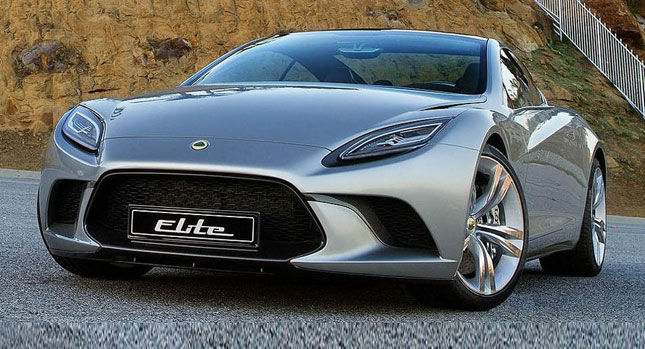Four centuries ago, they used to say that “the sun never sets on the British Empire”. Today, the Brits are content with much less – and the sun has more or less set on their local automotive industry after many decades of bad management and even worse products. As a result, foreign car groups own all major carmakers that managed to survive.
Lotus Cars, which was founded by the ingenious Colin Champan in 1952, was acquired in 1996 by Malaysia’s Proton. Since then, it has introduced many variations of the lightweight Elise, its first new car in 12 year, the Evora, and showed no less than five new models in concept form at the 2010 Paris Motor Show.
What it hasn’t achieved in its 15-year tenure with Proton is make a profit – something which analysts predict won’t change at least until 2014. As a result, analysts and investors alike think that selling the famous British sports car maker would be a wise move on Proton’s part.
“It will make sense for them to sell it,” told the Detroit News investor Gan Eng Peng, who helps oversee about US$3.6 billion as head of equities at HwangDBS Investment Management in Kuala Lumpur. “Proton and Lotus are not a good fit. They are in different market segments, both in terms of geography and product.”
Despite Proton’s stock price rising by an impressive 44 percent this month in Kuala Lumpur trading after rumors about offloading the brand to either Chinese carmaker SAIC or Genii Capital, the company has officially denied any plans to do so.
“The only thing we can do is show the current owners, or the new owners, that we are absolutely in line with the business plan that we have presented”, said Lotus CEO Danny Bahar, who expects the carmaker to break even in 2014. “Without the funding support and the guarantees given by the Proton group, we would not survive, end of story.”
PHOTO GALLERY













